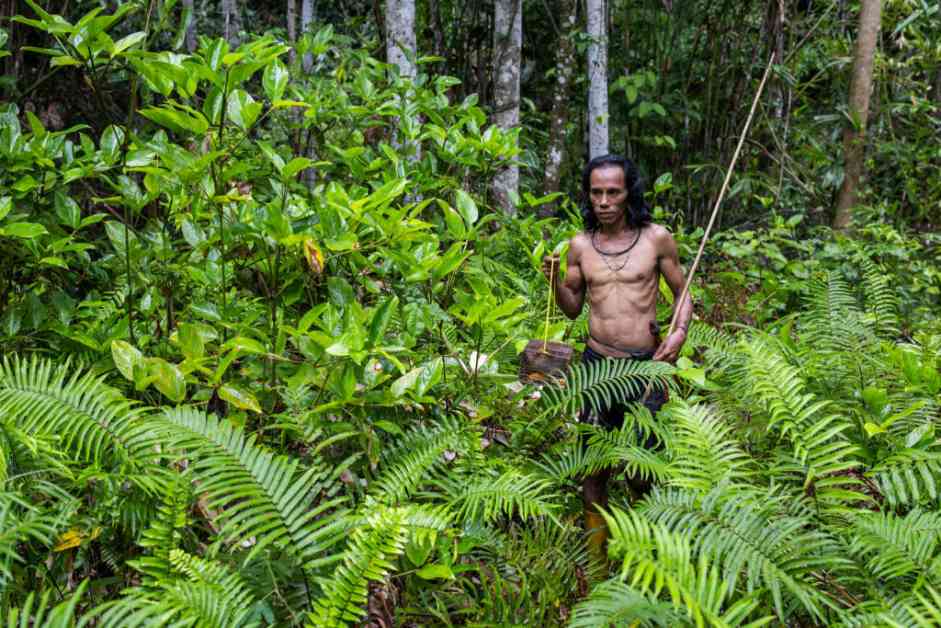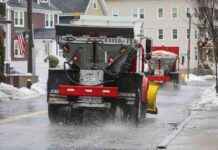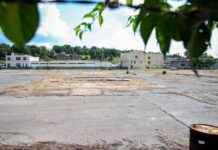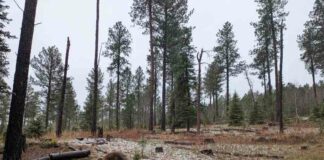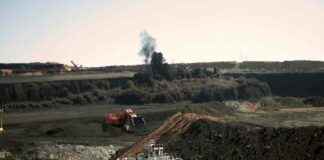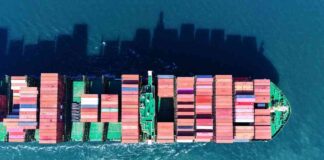**Nickel Mining Threatens Indonesia’s Last Nomadic Tribes and Forests**
In the heart of Halmahera Island, Indonesia, the Indigenous O’Hongana Manyawa people, also known as the Tobelo Dalam, are facing a dire threat to their way of life and the forests they call home. These nomadic, hunter-gatherer tribes have lived in harmony with nature for generations, relying on the dense forests of Halmahera for their livelihood.
**Struggling for Survival**
Sumean Gebe, a member of the O’Hongana Manyawa tribe, spends his days hunting wild game and harvesting damar resin in the forest to provide for his family. But their way of life is under siege as vast areas of their territory are being allocated to mining companies. The forests they depend on are being destroyed by nickel dredging projects, threatening the homes of both the Indigenous people and the wildlife they coexist with.
The impact of mining activities is already being felt by members of the tribe like Bawehe Bidos, who struggles to find food in the depleted forest. The destruction of their habitat means that animals are driven away, making it harder for the tribe to sustain themselves.
**A Glimmer of Hope**
Despite the challenges they face, there is a glimmer of hope for the O’Hongana Manyawa people. Tesla, the electric car manufacturer, has taken a stand to protect the rights of uncontacted Indigenous peoples like the O’Hongana Manyawa. By advocating for a no-go zone for mining in Indigenous territories, Tesla aims to safeguard the rights and habitats of these tribes.
Sophie Grig, a senior researcher at Survival International, emphasizes the importance of protecting Indigenous peoples’ lands from mining activities. Implementing strategies to prevent mining in these areas can help preserve the delicate balance between Indigenous communities and the environment they rely on.
**Environmental Impacts and Human Costs**
The expansion of nickel mining in Halmahera has not only devastated the forests but also had severe consequences on the local communities. Floods, landslides, and pollution from mining activities have disrupted the lives of villagers, forcing them to adapt to a rapidly changing environment.
Residents like Ahmad Kruwet and Adrian Patapata have seen their homes destroyed and their livelihoods threatened by the environmental degradation caused by mining operations. The once clean rivers now run murky with soil and pollutants, affecting not only the ecosystem but also the health and well-being of the people who depend on them.
As the demand for nickel continues to rise globally, the plight of the O’Hongana Manyawa tribe and the environmental impact of mining activities in Halmahera serve as a stark reminder of the delicate balance between economic development and conservation. Protecting the rights of Indigenous peoples and preserving the natural world must be at the forefront of discussions surrounding resource extraction and sustainable development.
Donations from readers like you fund every aspect of what we do. If you don’t already, will you support our ongoing work, our reporting on the biggest crisis facing our planet, and help us reach even more readers in more places? Please take a moment to make a tax-deductible donation. Every one of them makes a difference.
Thank you for being a part of our community and supporting our mission to provide vital climate coverage free of charge. Together, we can make a difference and ensure a sustainable future for all.

